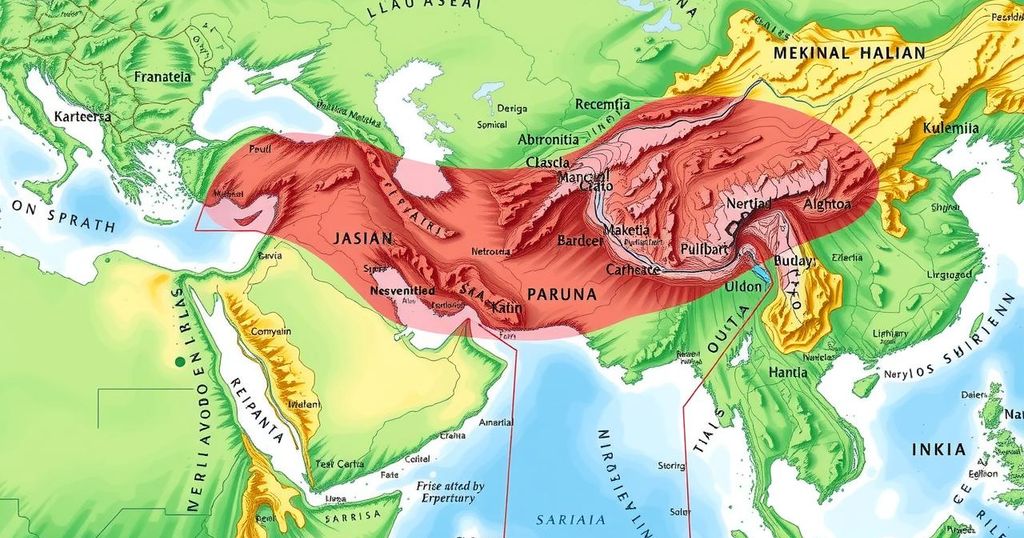Israel and Lebanon Set to Negotiate Land Border Agreement

Israel and Lebanon will initiate negotiations to define their land border, establishing three joint working groups focused on key disputed areas. In connection with these discussions, Israel will release five Lebanese detainees. The ongoing situation remains complex due to Hezbollah’s influence and recent military actions by Israel against Hezbollah operatives.
Israel and Lebanon have agreed to commence negotiations aimed at defining their land border, following discussions with the United States and France at the United Nations peacekeeping headquarters in Naqoura, Lebanon. Three joint working groups will be established to begin their work next month, focusing on five occupied points in Lebanon, the Blue Line demarcating the de facto border, dispute points, and Lebanese citizens detained by Israel.
In a gesture towards newly elected Lebanese President Joseph Aoun, Israel has consented to release five Lebanese detainees, coordinated with the support of the United States. Lebanon has also reported the receipt of four Lebanese individuals from Israel, with a fifth transfer expected imminently. Reports indicate that a total of eleven Lebanese nationals remain imprisoned by Israeli authorities.
While negotiations regarding a maritime boundary were previously established under former Prime Minister Yair Lapid, an official land border agreement has yet to be formalized. The recent truce in Lebanon, which began in November, ended over a year of conflict between Hezbollah and Israel, characterized by a significant military engagement following Hezbollah’s attacks in October 2023, in solidarity with Hamas’s actions in Gaza.
US Deputy Presidential Special Envoy Morgan Ortagus stated, “Everyone involved remains committed to maintaining the ceasefire agreement and to fully implement all its terms,” expressing optimism about the formation of the working groups. Concurrently, Israeli forces continue to confront Hezbollah in southern Lebanon, including recent drone strikes targeting Hezbollah operatives.
The IDF confirmed an airstrike targeting Hezbollah commander Hassan Abbas Izzedine, described as a vital resource in the group’s aerial defense sector. Additional airstrikes were reported against Hezbollah facilities purportedly utilized for storing weapons and launching rockets, highlighting the ongoing security tensions in the region despite diplomatic efforts.
In conclusion, the initiation of negotiations between Israel and Lebanon marks a significant step towards defining their land border amidst ongoing regional tensions. Israel’s commitment to release detainees signals an openness to dialogue, while the presence of Hezbollah continues to complicate security dynamics. The efforts backed by international partners aim to ensure a sustainable ceasefire and address long-standing border disputes, despite the challenges that remain.
Original Source: vinnews.com








